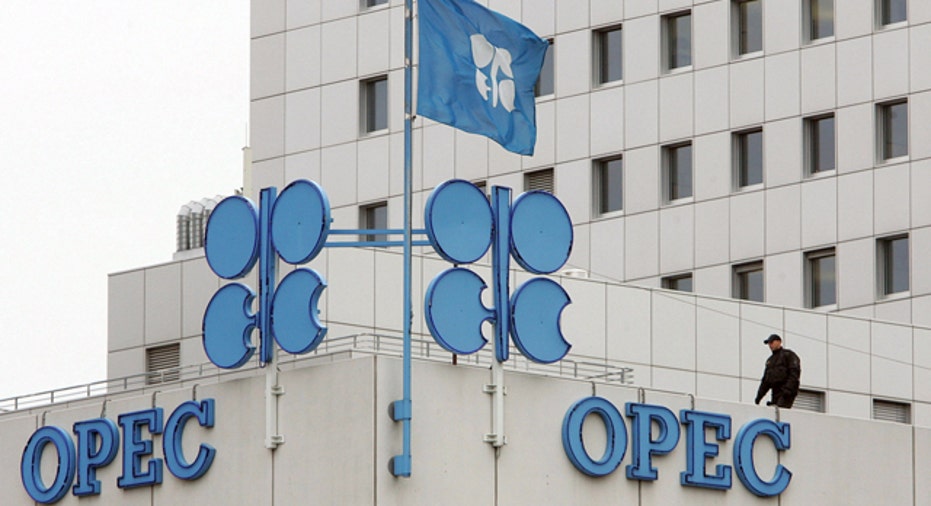OPEC Meets to Discuss Production Level

The Organization of the Petroleum Exporting Countries began its meeting amid questions about whether it will stick to current oil-production levels or move to increase them.
Several oil ministers, before heading into the meeting Friday in Vienna, said they would discuss raising the ceiling from its current level of 30 million barrels a day.
"Everything will be discussed," Iraq's oil minister Adel Abdul-Mehdi said.
Most OPEC observers have said they expect the oil cartel to maintain its production levels, the same move it made at its previous meeting in November. It was a strategic decision to abandon OPEC's historic tactic of cutting production to boost falling prices, which were then in free fall, and instead sell oil as any other market participant.
With prices now at about $63 a barrel—well above lows of less than $47 a barrel—OPEC members Friday signaled they were happy with their strategy and didn't want to depart from it.
Raising production from 30 million barrels a day would acknowledge reality. The oil-producer group's members are actually producing about 31 million barrels a day as Saudi Arabia, the world's largest exporter of crude oil, and Iraq boost production.
But some members have worried that raising the ceiling would send prices falling again.
"From a general point of view prices are improving... so no need to change this," said Kuwait oil minister Saleh Al-Omair said.
OPEC is grappling with how to respond to a flood of American shale oil that has made the U.S. a major producer again, crowding out OPEC members who once sold millions of barrels a day to the U.S.
The organization was expected to put off tackling another supply issue on the horizonâ "the return of Iranian oil if western sanctions are lifted as part of a deal over the country's nuclear program. Iran has pledged to flood the market with 1 million barrels a day of new crude oil if sanctions are lifted, adding to an oversupply that has weighed on the market.
Saudi Arabia's oil minister Ali al-Naimi said Friday that Iran and other OPEC members have the sovereign right to produce what they want.
"Why do you ask these questions about accommodating Iran. Iran is a member of OPEC and an official producer...have we ever told Iran what to produce?," he told reporters in Vienna.
"You know that production is a sovereign right...I would say they (Iran) are free to do what they want...you know it is a free market. Everyone is entitled to produce how much he wants," he said.
Mr. Naimi, perhaps the most influential voice in the oil market, said demand from Asia is growing and helping to bolster the market, while supply is diminishing, but prices are improving slowly.
Saudi Arabia isn't exposed to any risks due to lower oil prices, he said.
"You probably see a lot of risks in your life. I don't," Mr. Naimi said.
When asked if he saw oil prices improving in the second half, Mr. Naimi responded: "Would you like to go with me to Las Vegas...you are asking about the future. Who has a machine to foresee the future?"
Iran's oil minister Bjian Zanganeh gave voice Friday to worries from several OPEC members that oil prices still remained too low.
"Most OPEC members believe that prices around $75 is a fair price," Mr. Zanganeh said. "We are not satisfied with the level of price."
OPEC is also considering whether to allow Indonesia to rejoin the cartel. The oil-producing country, which is a net importer of oil, left OPEC in 2009. Iraq's oil minister said Friday he favored adding members to the group to increase its market power.
Nicole Lundeen contributed to this article.



















